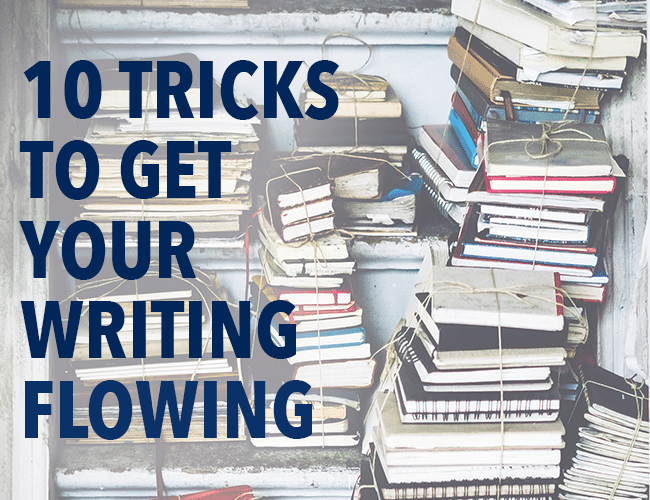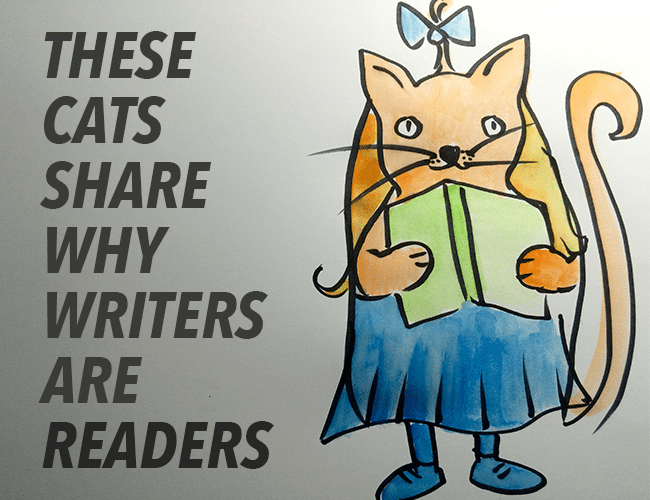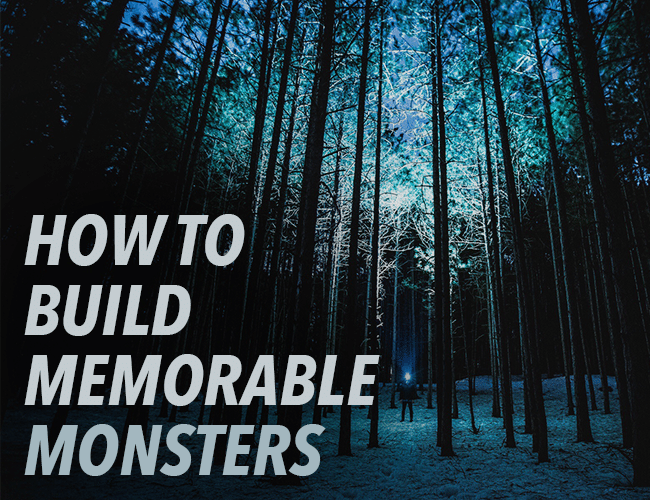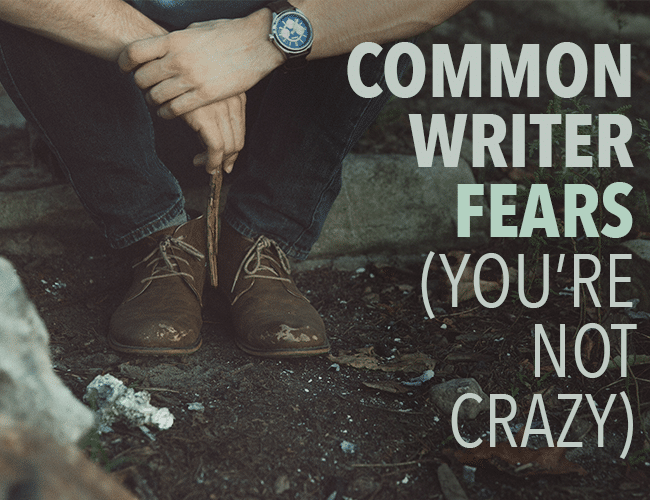
by Guest Blogger |
For writers, as well as athletes, there’s nothing like being in the zone. Distractions fall away, time disappears, and your work seems to write itself. Unfortunately for most writers, being in the zone is rare—instead of inspiration, we feel dread; instead of knowing, we feel lost; and instead of excitement, we feel anxiety.
But it doesn’t have to be like this. In fact, according to the research of Susan Perry, Ph.D., there are several concrete writing techniques and practices that can actually make finding inspiration and “getting into the zone” an everyday occurrence.

by Pamela Fernuik |
Don’t you just hate being told what to do? I hate it. Absolutely hate it. However, I am going to tell you if you want to be a writer, you need to be a reader too.
I know. I know. Who has time to read, right? We are busy with life, writing all day, getting caught up on our favorite television shows, cleaning seven litter boxes every morning, and washing our socks. Who has time to read?
But if you are a writer, you need to read.

by Jeff Elkins |
They lurk in dark corners of our houses when everyone else is asleep. We see their shadows at the other end of that abandoned alley where the street lamps are broken. They watch us in the woods, close enough to feel but still hidden by the gloom.
I’m talking about monsters. The kind that go bump in the night and leave a chill running up our spines.
When we build terrifying monsters into our stories, they will ingrain themselves in our readers’ minds, making our stories unforgettable.

by Ruthanne Reid |
Writing is a tricky business. We throw ourselves into it, gripped by passionate ideas and the need to speak them. We persevere when haters tell us to stop, push through when our own limitations creep up like fences to be hurdled, and devour articles offering tips on how to write better, faster, and smarter.
In the middle of all that, is it any wonder that sometimes we feel like we’re crazy?
Today, we’re not going to work on the fiction side of writing. Today, we’re going to work on ourselves. Think of this as a writer’s personal-training workout.
by Guest Blogger |
Whenever someone asks me what I do, I always say the same thing: “I’m a writer.” It’s what we all say.
It’s a simple statement, the typical one-word description of who we are and what we do. But for me, the word “writer,” by itself, just doesn’t do it justice. The dictionary definition of a writer is “A person who writes books, stories, or articles as a job or regular occupation.” True? Yes. Basically, to the rest of the world, what we do? Yes.
But that definition still isn’t complete. The truth is, we’re much more than writers.

by Guest Blogger |
There’s a reason you listen to Metallica when you’re doing Crossfit. It’s the same reason you listen to raindrops when you’re doing yoga. It’s because music has a powerful influence on mood, so powerful it can actually elicit a physiological response.
But as a learning writer, I had always assumed that music would be a distraction, that it would deaden my ability to hear my character’s voice, or make it harder to find the right words to explain a setting. I couldn’t have been more wrong: listening music can actually make you a better writer.







